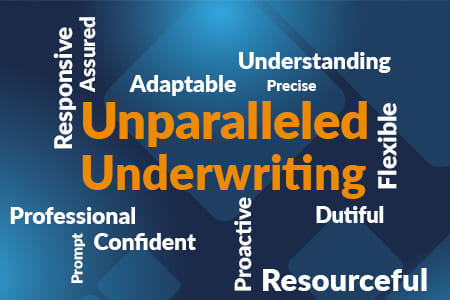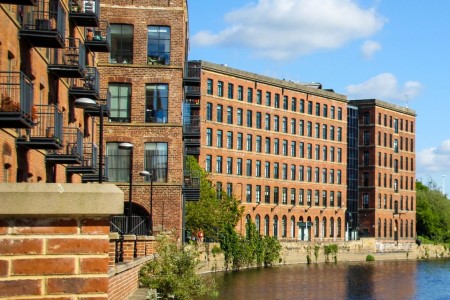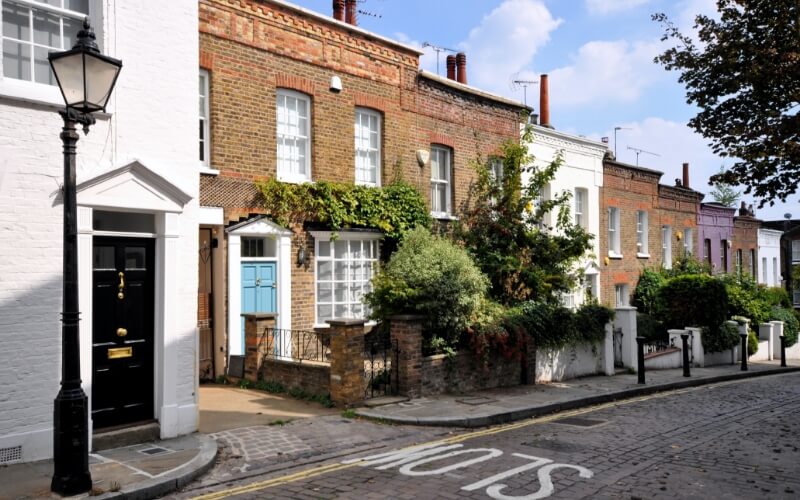A semi-commercial and commercial bridging loan can be used for commercial or mixed-used properties, from pubs, offices, shopping centres, warehouses, industrial units & more.
Latest Case Studies
A HNW individual needs funding for two very different investments
Read case studyAdapting to An Uneven Mixed-use Property Investment: Tips & Strategies
Read case studyCommercial property investors don’t need to be held back by a few bad financial years
Read case studyCovering an existing charge while also investing in a commercial property
Read case studyCreating a contingency plan for a protracted conversion strategy
Read case studyHelping investors with no UK assets invest in their first British property
Read case studyHow we would handle a complicated investment in a large shopping centre
Read case studyOvercoming short-term issues for a major conversion project
Read case studyRefinancing a commercial asset for an experienced property investor
Read case study“Commercial bridging loans provide short-term finance for property that is used for business purposes. Common examples being offices and shops.
Semi-commercial bridging loans are used for mixed-use properties. Here, both residential and commercial assets exist in the same space. A semi-commercial bridging loan could be used for a building containing flats above a restaurant, for example or a large development which includes retail space and new homes.
All our deals are bespoke, meaning each case is assessed on its own merits. But for commercial and semi-commercial claims, we’ll need details on the property’s value and purchase price, whether there is rental income, details on how the funds will be utilised, and more.
Commercial and semi-commercial loans can be issued just as quickly as their residential counterparts. Furthermore, repayment of the interest can be tailored to suit the requirements in the same way as our other loan types.
These loans can be used for a range of commercial properties, such as the purchasing of warehouses and retail outlets. But, they can also be used for other business ventures. This includes the releasing of capital from an asset to fund a project, or the re-financing of an existing arrangement for more flexibility.
Here at Market Financial Solutions, our Commercial & Semi-Commercial Bridging Finance is available from £100k to £15m, with a maximum LTV of 75%.
You can visit our website for more information and to contact one of the team.”
Semi-/commercial bridging finance within days
- Min. loan amount: £100k
- Max. loan amount: £15m
- Max. LTV: 75%
- Interest rates: variable rate from 0.40% (+BBR), fixed rate from 0.79%
- Charge type: 1st charge, 2nd charge to £5m
- Term: 3 – 18 months
- Exit fee: POA
- Location of property: England, Wales
Commercial Bridging Loan –
Find answers to your key questions:
Commercial bridging finance is a loan that can be used on a commercial property. This means that the property is used for business purposes and could house a company and its employees. This may include, but is not limited to:
- Office blocks
- Shops and retail outlets
- Restaurants and Pubs
- Warehouses
A semi-commercial bridging loan is one which can be used on property that is mixed-use, in that it has both residential and commercial elements in it, all under one roof. An example would be a block of flats above a shop.
Bridging loans can be used on both types of properties. They could be used for acquisition of semi-/commercial property, or releasing capital for other ventures.
You can borrow from £100k to £15m for semi-commercial and commercial properties. It will all depend on the loan to value (LTV). We lend up to 75% of the properties value.
You can use a semi-commercial or commercial bridging loan for many different projects.
This can include:
- Acquisition of a property
- Acquisition of a portfolio of properties
- Purchase, renovation and sale of a property
- Releasing of capital from an asset for another investment venture
- Re-financing an existing arrangement for more flexibility
The types of property that can be purchased with this type of bridging loan are commercial or semi-commercial properties. This means that some economic activity will need to be ongoing within at least a portion of the property for semi-commercial, or in the whole property for commercial.
Bridging loans for commercial property:
- Office blocks
- Shopping centres
- Pubs and restaurants
- Warehouses
- etc.
Bridging loans for semi-commercial property:
- Flats or maisonettes above a restaurant
- Apartments above a shopping centre
- etc.
Our semi-/commercial bridging loan can be issued in as little as three days, supporting investors facing tight deadlines. Where a project is at risk of falling through, due to unexpected complications or shifting priorities, specialised finance can keep a purchase afloat while long-term solutions are found.
This speed can also help borrowers jump on an opportunity before it’s too late. Entrepreneurial investors may spot an opening in a market, which may not be around for long, or could be snapped up by a competitor. Bridging can help investors take advantage of these kinds of opportunities immediately. By comparison, mainstream finance can take months to complete.
A semi/commercial bridging loan can be arranged much more quickly than finance from a mainstream lender such as a high-street bank. At Market Financial Solutions, we can move essentially as quickly as the borrower’s solicitors can. We are able to provide funds in as little as three days, regardless of the complexity of the case. We also respond to all enquiries within four hours.
The fees that are relevant to a semi/commercial bridging loan include a commitment fee, which is refunded on drawdown. There will also be an arrangement fee which would be from 1% of the loan amount. Some lenders also charge an early repayment charge, however here at Market Financial Solutions we do not. We simply have a minimum loan term of 3 months. There may also be an exit fee, which is discussed on a case-by-case basis and at the beginning of the process, to ensure all charges are clear.
Residential loans are for residential investments – where the property investor purchases a property with the intention of letting the property to a single tenant or multiple tenants for them to live it. Or, refurbishing/converting the asset to sell on for the same purpose.
In comparison, commercial bridging finance can help borrowers purchase a building that will produce a valid income for a corporation or company, or house a company. Whilst some areas of the property may feature a residential dwelling(s) (which would make it semi-commercial), the property will also have an element of commercial activity going on in some of the space.
You will often find commercial bridging loan rates to be higher than residential ones, but why is this? It all comes down to risk.
Residential assets are often easier to liquidate than commercial properties, meaning that lenders often put more on the line when lending on a commercial asset. To balance out the increase in risk, rates are often higher to safeguard the lender.
As each case we deal with is unique, the specific paperwork needed will be dependent on the circumstances involved. However, some of the standard documents/information that we request includes:
- the full address of the security property, value/ purchase price, confirmation of any outstanding balances
- whether the security property is currently tenanted or vacant and the rental income
- the mode of repayment/exit strategy
- whether the property is being purchased in a personal or company name
- purpose of the loan/ evidence of how funds will be utilised
For a commercial & semi-commercial bridging loan, there may also be more due diligence placed on asset & liability statements.
Property investors can utilise our commercial bridge loans through multiple routes. They can apply as individuals or through company setups. What’s more, we can also work with foreign entities and those based abroad. Our flexibility allows us to service investors who may struggle on the high street. We’re often able to service investors with adverse credit histories, CCJs, missed mortgage payments, defaults, bankruptcies and the like.
Call or email us today to get your application started.
You can call on +44 (0) 20 7060 1234 or email info@mfsuk.com and you will be connected with one of our dedicated underwriters, who will discuss your requirements with you, and guide you through the process.



















